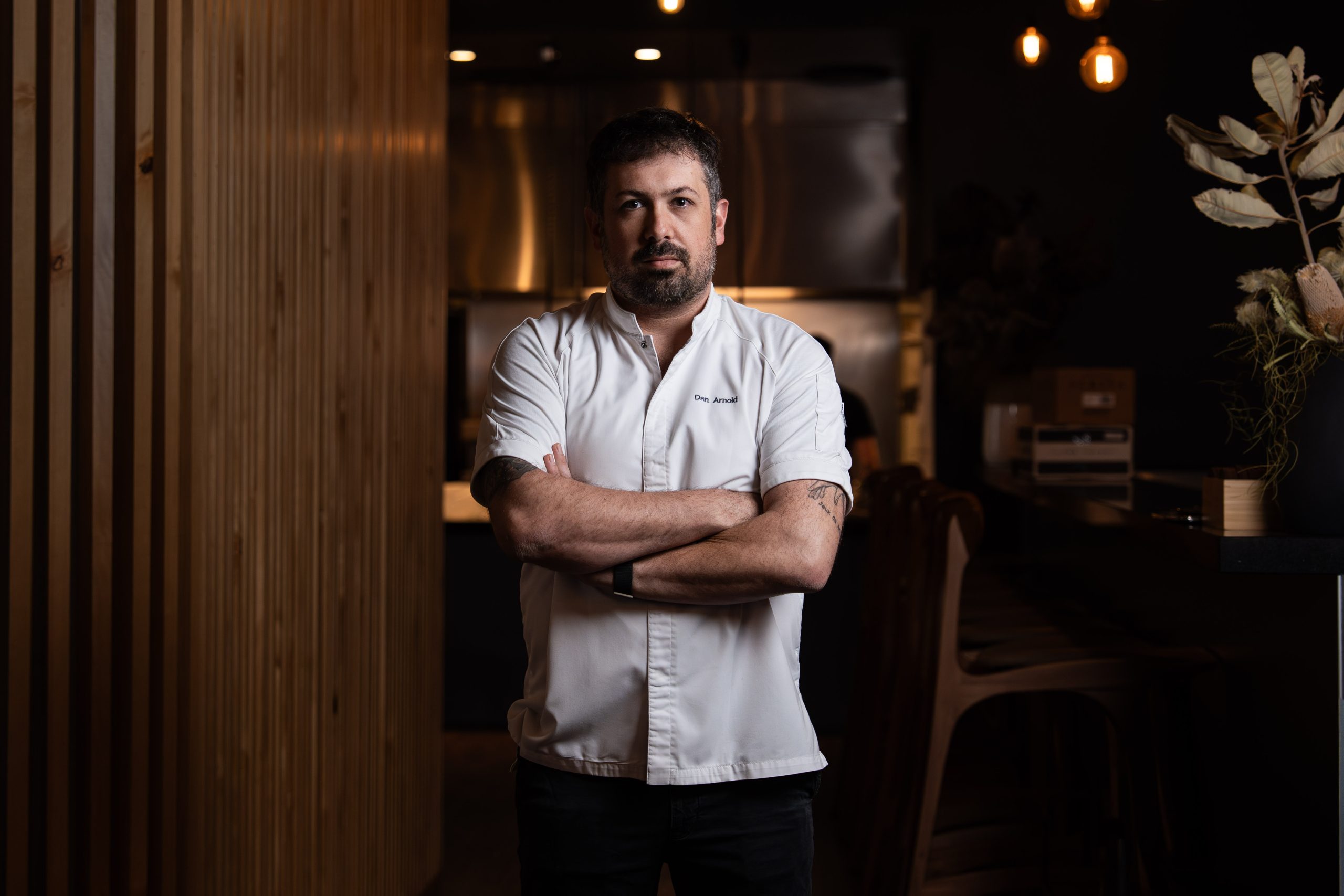Trump Plans to Appoint Musk Confidant David Sacks as AI, Crypto Czar
Tech investor was one of the most outspoken supporters of Trump in Silicon Valley
President-elect Donald Trump named a Silicon Valley investor close to Elon Musk as the White House’s artificial intelligence and cryptocurrency policy chief, signaling the growing influence of tech leaders and loyalists in the new administration .
David Sacks , a former PayPal executive, will serve as the “White House A.I. & Crypto Czar,” Trump said on his social-media platform Truth Social.
“In this important role, David will guide policy for the Administration in Artificial Intelligence and Cryptocurrency, two areas critical to the future of American competitiveness,” he posted.
Musk and Vice President-elect JD Vance chimed in with congratulatory messages on X.
Sacks was one of the first vocal supporters of Trump in Silicon Valley, a region that typically leans Democratic. He hosted a fundraiser for Trump in San Francisco in June that raised more than $12 million for Trump’s campaign. Sacks often used his “All-In” podcast to broadcast his support for the Republican’s cause.
The fundraiser drew several cryptocurrency executives and tech investors. Some attendees were concerned that America could lose its competitiveness in emerging areas such as artificial intelligence because of overregulation.
Many tech leaders had hoped the next president would have a friendlier stance on cryptocurrencies, which had come under scrutiny during the Biden administration.
“What the crypto industry has been asking for more than anything else is a clear legal framework to operate under. If Trump wins, the industry will get this, and more innovation will happen in the U.S.,” Sacks posted on X in July.
The tech industry has also pressed for friendlier federal policies around AI and successfully lobbied to quash a California AI bill industry leaders said would kill innovation.
Sacks’ venture-capital firm, Craft Ventures, has invested in crypto and AI startups. Sacks himself has led investment rounds in many. He has previously invested in companies such as Slack, SpaceX, Uber and Facebook.
Sacks was the former chief operating officer of PayPal, whose founders included Musk and Peter Thiel . The group, called the “PayPal mafia,” has been front and center this election because of its financial muscle and influence in drumming up support for Trump.
 Copyright 2020, Dow Jones & Company, Inc. All Rights Reserved Worldwide. LEARN MORE
Copyright 2020, Dow Jones & Company, Inc. All Rights Reserved Worldwide. LEARN MORE
A long-standing cultural cruise and a new expedition-style offering will soon operate side by side in French Polynesia.
The pandemic-fuelled love affair with casual footwear is fading, with Bank of America warning the downturn shows no sign of easing.
The pandemic-fuelled love affair with casual footwear is fading, with Bank of America warning the downturn shows no sign of easing.
The boom in casual footware ushered in by the pandemic has ended, a potential problem for companies such as Adidas that benefited from the shift to less formal clothing, Bank of America says.
The casual footwear business has been on the ropes since mid-2023 as people began returning to office.
Analyst Thierry Cota wrote that while most downcycles have lasted one to two years over the past two decades or so, the current one is different.
It “shows no sign of abating” and there is “no turning point in sight,” he said.
Adidas and Nike alone account for almost 60% of revenue in the casual footwear industry, Cota estimated, so the sector’s slower growth could be especially painful for them as opposed to brands that have a stronger performance-shoe segment. Adidas may just have it worse than Nike.
Cota downgraded Adidas stock to Underperform from Buy on Tuesday and slashed his target for the stock price to €160 (about $187) from €213. He doesn’t have a rating for Nike stock.
Shares of Adidas listed on the German stock exchange fell 4.5% Tuesday to €162.25. Nike stock was down 1.2%.
Adidas didn’t immediately respond to a request for comment.
Cota sees trouble for Adidas both in the short and long term.
Adidas’ lifestyle segment, which includes the Gazelles and Sambas brands, has been one of the company’s fastest-growing business, but there are signs growth is waning.
Lifestyle sales increased at a 10% annual pace in Adidas’ third quarter, down from 13% in the second quarter.
The analyst now predicts Adidas’ organic sales will grow by a 5% annual rate starting in 2027, down from his prior forecast of 7.5%.
The slower revenue growth will likewise weigh on profitability, Cota said, predicting that margins on earnings before interest and taxes will decline back toward the company’s long-term average after several quarters of outperforming. That could result in a cut to earnings per share.
Adidas stock had a rough 2025. Shares shed 33% in the past 12 months, weighed down by investor concerns over how tariffs, slowing demand, and increased competition would affect revenue growth.
Nike stock fell 9% throughout the period, reflecting both the company’s struggles with demand and optimism over a turnaround plan CEO Elliott Hill rolled out in late 2024.
Investors’ confidence has faded following Nike’s December earnings report, which suggested that a sustained recovery is still several quarters away. Just how many remains anyone’s guess.
But if Adidas’ challenges continue, as Cota believes they will, it could open up some space for Nike to claw back any market share it lost to its rival.
Investors should keep in mind, however, that the field has grown increasingly crowded in the past five years. Upstarts such as On Holding and Hoka also present a formidable challenge to the sector’s legacy brands.
Shares of On and Deckers Outdoor , Hoka’s parent company, fell 11% and 48%, respectively, in 2025, but analysts are upbeat about both companies’ fundamentals as the new year begins.
The battle of the sneakers is just getting started.
The pandemic-fuelled love affair with casual footwear is fading, with Bank of America warning the downturn shows no sign of easing.
Once a sleepy surf town, Noosa has become Australia’s prestige property hotspot, where multi-million dollar knockdowns, architectural showpieces and record-setting sales are the new normal.





















